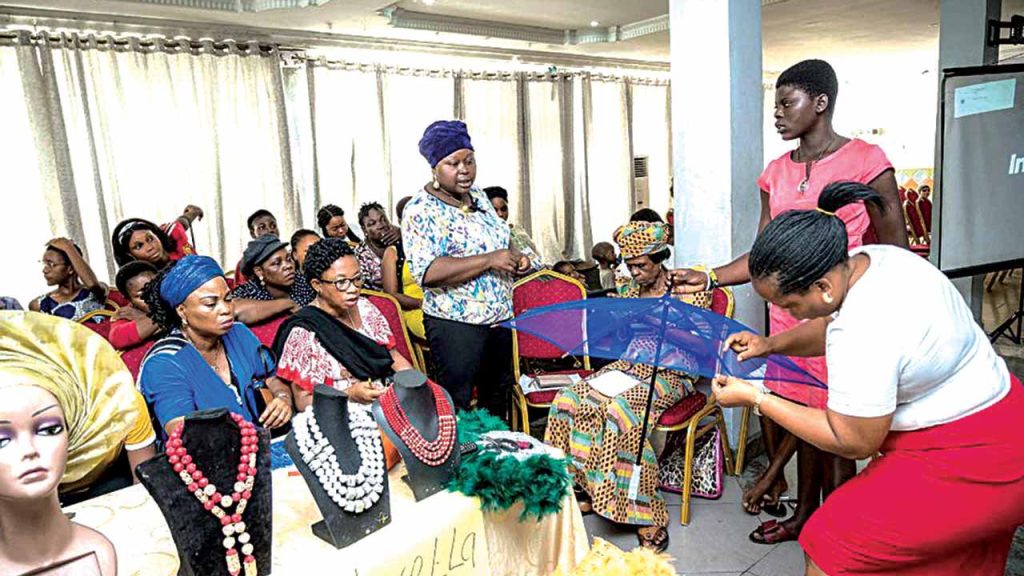
Empowering women is not just a moral imperative; it is also an essential driver of sustainable development. Gender equality and women’s empowerment are fundamental principles enshrined in the United Nations Sustainable Development Goals (SDGs). Achieving sustainable development requires unlocking the full potential of women and girls, ensuring they have equal access to opportunities, resources, and decision-making processes. This article explores the multifaceted ways in which empowering women contributes to sustainable development across various sectors and regions.
ECONOMIC EMPOWERMENT
Economic empowerment is crucial for women’s autonomy and agency. When women have access to economic resources, they can contribute to household income, invest in education and healthcare for themselves and their families, and participate in entrepreneurial activities. Closing the gender gap in labor force participation could add trillions of dollars to global GDP. Initiatives such as vocational training, and support for women-owned businesses play a vital role in advancing economic empowerment.
EDUCATION AND HEALTH:
Education is a cornerstone of women’s empowerment. Educated women are more likely to make informed decisions about their health, family planning, and participate in the workforce. Investing in girls’ education not only benefits individuals but also strengthens communities and economies. Additionally, improving women’s access to healthcare services, including reproductive health services, maternal care, and HIV/AIDS prevention, enhances their well-being and contributes to sustainable development goals related to health and well-being.
POLITICAL PARTICIPATION AND LEADERSHIP:
Women’s participation in political processes and leadership positions is essential for achieving gender equality and sustainable development. When women have a seat at the decision-making table, policies are more inclusive and responsive to the needs of diverse populations. Quota systems, affirmative action policies, and campaigns to increase women’s political representation have led to significant strides in gender parity in some countries. However, there is still much work to be done to overcome cultural and institutional barriers to women’s political empowerment.
ENVIRONMENTAL SUSTAINABILITY:
Women play a crucial role in environmental sustainability and climate action. As primary caregivers and resource managers in many communities, women often have valuable knowledge and practices for environmental conservation and resilience-building. Empowering women to participate in sustainable agriculture, natural resource management, and clean energy initiatives can lead to more effective and equitable environmental policies and practices.
ADDRESSING GENDER BASED VIOLENCE:
Gender-based violence is a pervasive barrier to women’s empowerment and sustainable development. It not only violates women’s human rights but also undermines their ability to participate fully in social, economic, and political life. Efforts to combat gender-based violence, including legal reforms, awareness campaigns, and support services for survivors, are essential for creating safe and inclusive societies where women can thrive.
GLOBAL PARTNERSHIP AND COLLABORATION:
Empowering women for sustainable development requires concerted efforts from governments, civil society organizations, the private sector, and international stakeholders. Collaboration and partnerships are essential for scaling up successful initiatives, sharing best practices, and mobilizing resources to address the root causes of gender inequality and promote women’s empowerment worldwide.
In conclusion,empowering women is not only a matter of social justice but also a strategic approach for sustainable development. By investing in women’s education, economic empowerment, political participation, and health, societies can unlock the full potential of half of their population and accelerate progress towards achieving the Sustainable Development Goals. By prioritizing gender equality and women’s empowerment, we can build a more just, inclusive, and sustainable world for present and future generations.
[give_form id="20698"]

